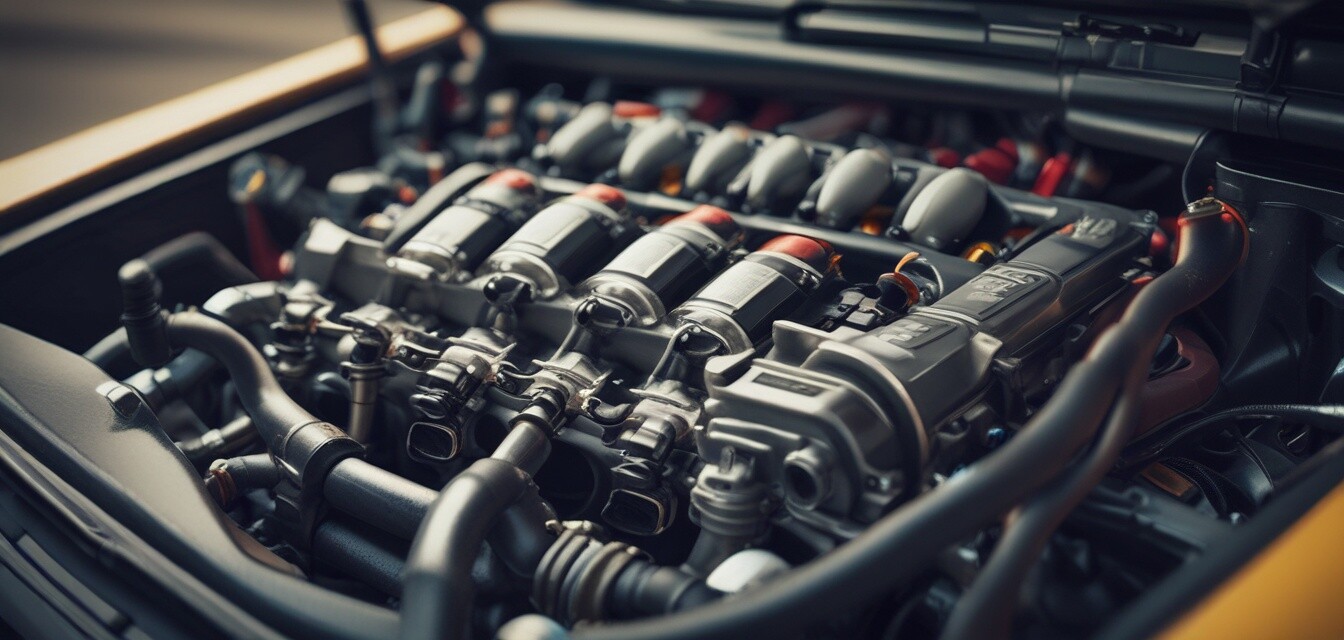
How to Optimize Your VW's Fuel System
Key Takeaways
- Regular maintenance is essential for fuel system optimization.
- Upgrading components can significantly enhance performance.
- Fuel injectors and filters must be checked frequently.
- Understanding fuel system components is crucial for effective tuning.
Optimizing your VW's fuel system is a key component in enhancing both efficiency and performance. A finely tuned fuel system can lead to improved gas mileage, better power delivery, and a smoother driving experience. In this guide, we will discuss tips and techniques that can help you get the most out of your VW’s fuel system through regular maintenance, upgrades, and best practices.
Understanding the Fuel System Components
Before diving into optimization, it's important to understand the main components of your VW's fuel system. These include:
| Component | Description |
|---|---|
| Fuel Tank | Stores the fuel needed for your vehicle's operation. |
| Fuel Pump | Moves fuel from the tank to the engine. |
| Fuel Filter | Removes contaminants from the fuel before it reaches the engine. |
| Fuel Injectors | Spray fuel into the engine’s combustion chamber. |
| Throttle Body | Controls the amount of air that enters the engine. |
Regular Maintenance Practices
To ensure your VW’s fuel system operates at peak efficiency, regular maintenance is necessary. Here are some crucial maintenance tips:
- Check and replace the fuel filter every 30,000 miles.
- Inspect fuel lines for cracks or leaks regularly.
- Keep the fuel tank at least half full to prevent fuel pump issues.
- Flush the fuel system to remove deposits and contaminants.
Upgrading Fuel System Components
Upgrading specific components of your fuel system can lead to noticeable improvements in performance. Consider the following upgrades:
- Install high-performance fuel injectors for improved fuel delivery.
- Upgrade to a high-flow fuel pump to support enhanced engine performance.
- Consider an aftermarket throttle body for better air intake management.
Fuel System Optimization Techniques
Beyond regular maintenance and upgrades, employing certain techniques can also aid in the optimization of your fuel system:
- Use Quality Fuel: Always opt for high-quality fuel from reputable suppliers to avoid impurities.
- Tune Your ECU: A remapped ECU can help your vehicle adapt to modifications in the fuel system.
- Monitor Air-Fuel Ratios: Keeping an eye on the air-fuel mixture can help in fine-tuning performance.
Common Pitfalls to Avoid
While optimizing your fuel system, be mindful of these common pitfalls:
- Neglecting scheduled maintenance can lead to increased repair costs later.
- Using low-quality parts can reduce overall performance and reliability.
- Overlooking the importance of air filters can restrict airflow and impact engine efficiency.
Tips for Beginners
- Start with a maintenance checklist to help you stay organized.
- Follow a scheduled timeline for replacing and checking components.
- Don’t hesitate to consult with a professional when in doubt.
Final Thoughts
Optimizing your VW's fuel system is a worthwhile investment that pays dividends in performance and efficiency. By following the steps and practices outlined in this guide, you can ensure your car operates at its best. For more tips on tuning your VW or to explore performance parts, check out our comprehensive resources.
Pros
- Improved fuel efficiency and performance.
- Extended lifespan of engine components.
- Enhanced driving experience with smoother operation.
Cons
- Initial costs of upgrades and maintenance.
- Time investment required for regular checks.
- Potential for over-optimizing, leading to new issues.
